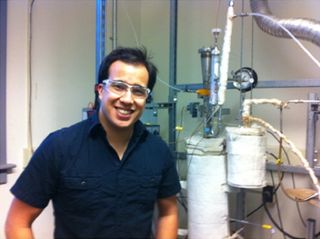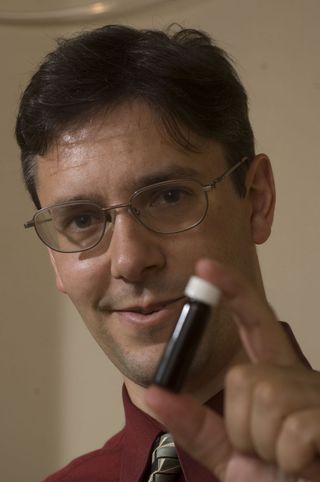Robert Coolman
Robert Coolman, PhD, is a teacher and a freelance science writer and is based in Madison, Wisconsin. He has written for Vice, Discover, Nautilus, Live Science and The Daily Beast. Robert spent his doctorate turning sawdust into gasoline-range fuels and chemicals for materials, medicine, electronics and agriculture. He is made of chemicals.
Latest articles by Robert Coolman
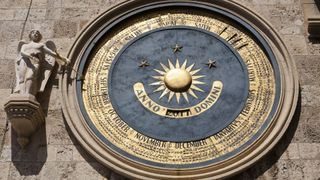
Keeping time: The history, origin and meanings of B.C. and A.D.
By Robert Coolman, Owen Jarus last updated
The use of "anno domini" and "before Christ" to mark time began in the early days of Christianity, when clerics needed to know when Easter would fall.

Quantum mechanics: Definitions, axioms, and key concepts of quantum physics
By Adam Mann last updated
Reference Quantum mechanics, or quantum physics, is the body of scientific laws that describe the wacky behavior of photons, electrons and the other subatomic particles that make up the universe.
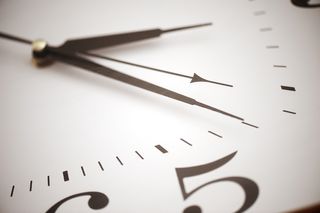
Keeping Time: Why 60 Minutes?
By Robert Coolman last updated
Dividing the day into hours, minutes and seconds is a recent practice with thousands of years of science and tradition behind it.

The Gregorian calendar: Why we have leap years and April Fools' Day
By Robert Coolman published
The Gregorian calendar — used by most of the world — was introduced to fix errors in the Julian calendar mostly having to do with leap years.
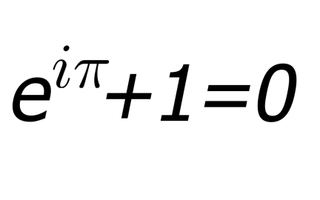
Euler’s Identity: 'The Most Beautiful Equation'
By Robert Coolman published
Euler's Identity is a remarkable equation that comprises the five most important mathematical constants.

What Is Topology?
By Robert Coolman published
Topology is a branch of mathematics that describes mathematical spaces, in particular the properties that stem from a space’s shape.
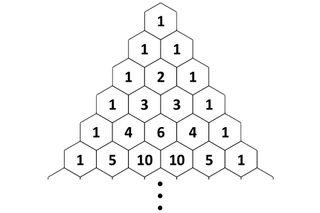
Properties of Pascal’s Triangle
By Robert Coolman published
Pascal's triangle, a simple yet complex mathematical construct, hides some surprising properties related to number theory and probability.
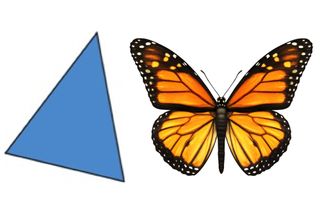
What Is Symmetry?
By Robert Coolman published
In geometry, an object exhibits symmetry if it looks the same after a transformation, such as reflection or rotation. Symmetry is important in art, math, biology and chemistry.
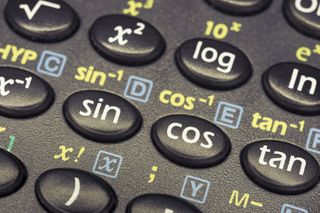
What Is Trigonometry?
By Robert Coolman published
Trigonometry is a branch of mathematics that studies relationships between the sides and angles of triangles.
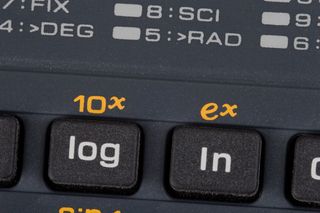
What Are Logarithms?
By Robert Coolman published
A logarithm determines how many times a certain number must be multiplied by itself to reach another number.
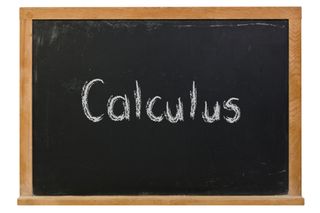
What Is Calculus?
By Robert Coolman published
Calculus is a branch of mathematics that explores variables and how they change by looking at them in infinitely small pieces.
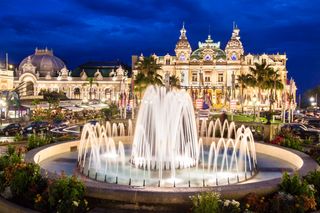
What Are Quadratic Equations?
By Robert Coolman published
Quadratic equations are basic to algebra and are the math behind parabolas, projectiles, satellite dishes and the golden ratio.

What Is Algebra?
By Robert Coolman published
Algebra is a branch of mathematics dealing with symbols and the rules for manipulating those symbols.
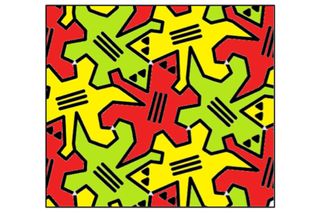
Tessellation: The Geometry of Tiles, Honeycombs and M.C. Escher
By Robert Coolman published
Tessellation is a repeating pattern of the same shapes without any gaps or overlaps. These patterns are found in nature, used by artists and architects and studied for their mathematical properties.
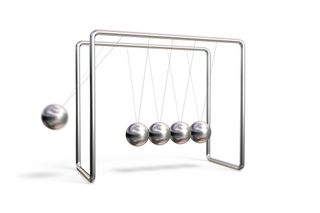
What Is Classical Mechanics?
By Robert Coolman published
Classical mechanics is the mathematical study of the motion of everyday objects and the forces that affect them.
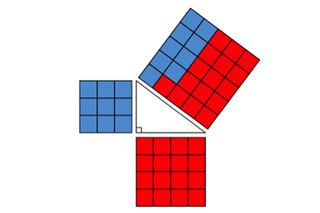
What Is a Proof?
By Robert Coolman published
A proof is a rigorous argument that shows a mathematical claim to be true. Arguments that are proven become theorems, such as the Pythagorean Theorem.
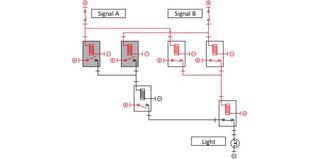
What is a Transistor?
By Robert Coolman published
Transistors are tiny switches that can be triggered by electric signals. They are the basic building blocks of microchips.
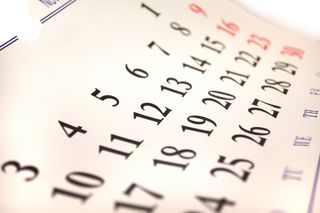
Keeping Time: Months and the Modern Calendar
By Robert Coolman published
Our modern Western calendar is almost entirely a Roman invention, but it has changed significantly throughout history.

Origins of the days of the week
By Robert Coolman published
The Romans named the days of the week after their gods. The Germanic people adapted the Roman system and gave us the English names of the days.
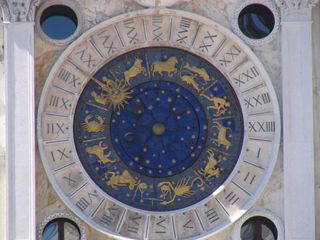
Keeping Time: Time Zones, Trains and the 24-Hour Day
By Robert Coolman published
The Egyptians started dividing the day into 24 units, a practice that continues to influence how we tell time.
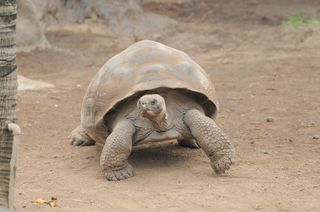
Zeno’s Paradox: Understanding Convergent & Divergent Series
By Robert Coolman published
A convergent series is a mathematical series in which the sequence of partial sums converges to a finite number. A divergent series is just the opposite — the sums do not meet a finite limit.
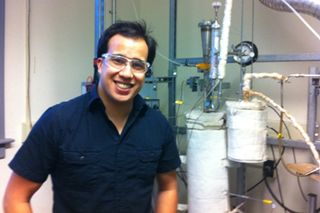
Building Green-Gas Technology Without a Manual
By Robert Coolman published
Robert Coolman explores pyrolysis and biofuels.
Get the world’s most fascinating discoveries delivered straight to your inbox.
